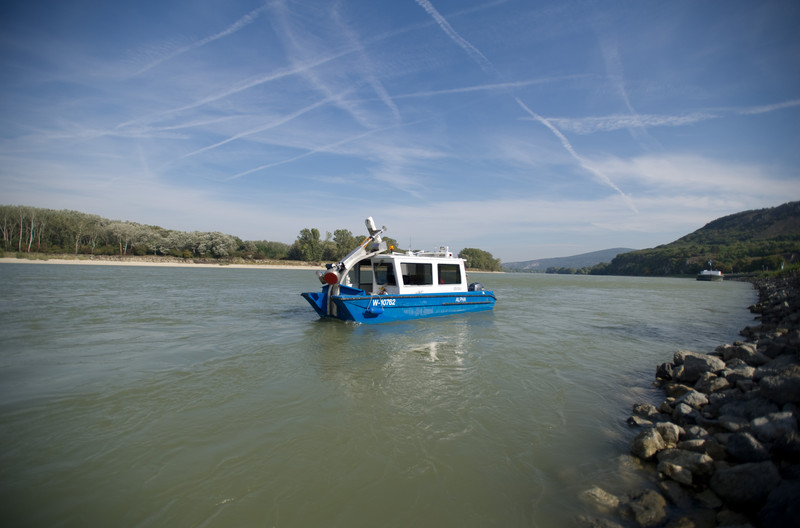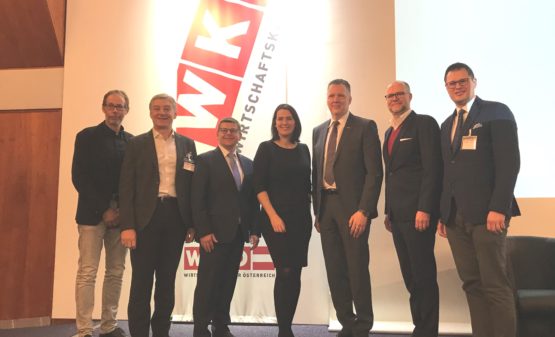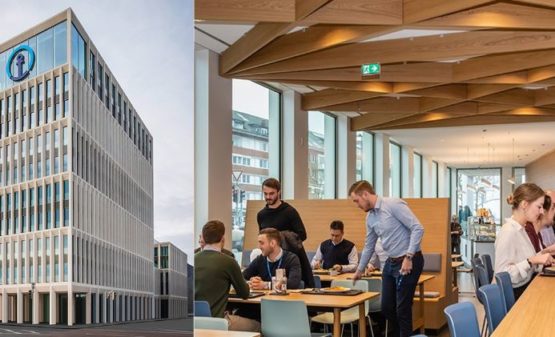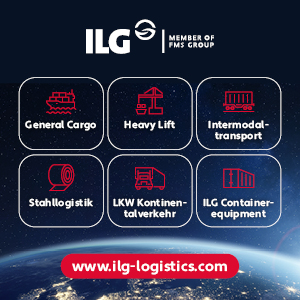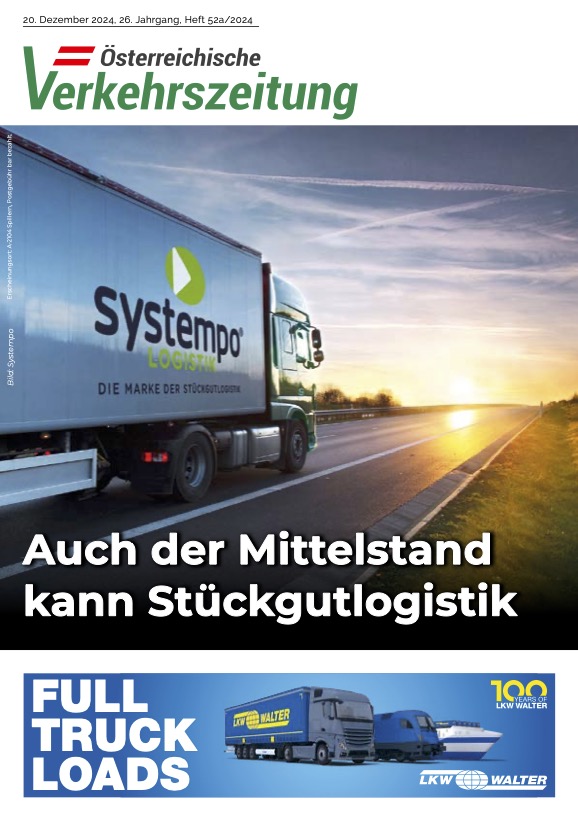On 10th December 2019, during the Round Table on Resilience at COP25[1] in Madrid, Spain, the President of the World Association for Waterborne Transport Infrastructure (PIANC)[2] launched the association’s Declaration on Climate Change. This represents PIANC’s contribution to the growing debate on how to respond to the changing climate.
Waterborne transport infrastructure will be adversely affected by climate change. In addition to playing their role in decarbonisation (i.e. moving to ‘net zero’ greenhouse gas emissions), owners and operators need to take urgent action to strengthen resilience and adapt – both to gradual changes in parameters such as temperature and sea level, and to the expected increase in the frequency and severity of extreme meteorological, hydrological or oceanographic events.
PIANC recognises the importance of the climate change challenge and will actively pursue the sustainable future of the waterborne transport industry by supporting its members in addressing this challenge. PIANC and its members will strive to:
– develop approaches to decarbonise the operation of port and navigation infrastructure (i.e. move to net zero emissions), whilst at the same time enabling the reduction of greenhouse gas emissions from vessels by providing the necessary facilities, infrastructure and, where appropriate, incentives
– prioritise inspection and maintenance to optimise the resilience of existing infrastructure
– apply monitoring systems and effective data management to inform and support timely climate change action
– strengthen operational resilience by developing risk assessments, contingency plans and warning systems
– collaborate with energy and water suppliers, onward transport providers and others involved in the supply chain to understand interdependencies and reduce exposure to associated risks
– seek win-win opportunities, including through nature-based solutions such as PIANC’s Working with Nature programme
– consider a range of climate change scenarios when developing adaptation strategies and include an appropriate combination of structural, operational and institutional measures set out in phased adaptation investment pathways
– focus on flexible and adaptive infrastructure, systems and operations to allow for future modification and to avoid ‘locking in’ to solutions that prove inappropriate as conditions change
– promote engineered redundancy to improve resilience.
PIANC will continue to support ports, harbours, marinas and inland waterways by facilitating knowledge sharing and preparing practical technical guidance to help them manage the climate change challenge through effective risk management.
PIANC will also contribute to the global discussion to ensure that waterborne transport infrastructure interests are properly acknowledged, and to disseminate key messages to its members and the wider port and navigation community, through implementation guidelines where appropriate.
PIANC and its members will join forces with other waterborne transport infrastructure stakeholders to meet these new challenges, explore opportunities and contribute to a responsible, informed and sustainable way forward.


